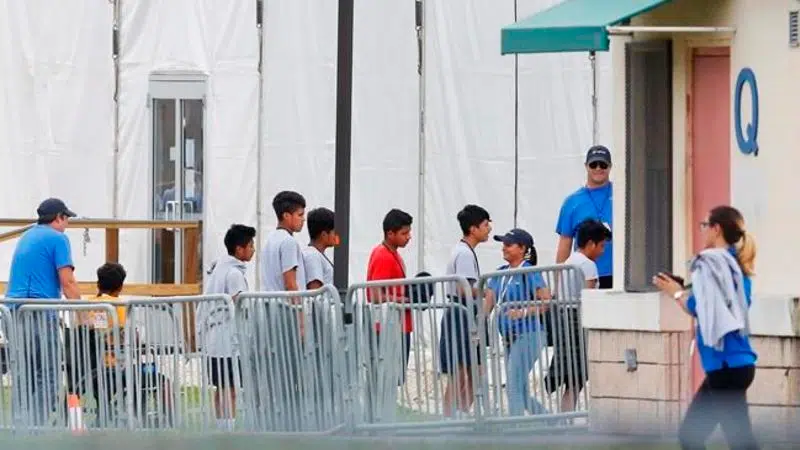
‘Can’t feel my heart:’ IG says separated kids traumatized
WASHINGTON — Separated from his father at the U.S.-Mexico border last year, the little boy, about 7 or 8, was under the delusion that his dad had been killed. And he thought he was next.
Other children believed their parents had abandoned them. And some suffered physical symptoms because of their mental trauma, clinicians reported to investigators with a government watchdog.
“You get a lot of ‘my chest hurts,’ even though everything is fine” medically, a clinician told investigators. The children would describe emotional symptoms: “Every heartbeat hurts,” or “I can’t feel my heart.”
Children separated during the Trump administration’s “zero tolerance policy” last year, many already distressed in their home countries or by their journey, showed more fear, feelings of abandonment and post-traumatic stress symptoms than children who were not separated, according to a report Wednesday from the inspector general’s office in the Department of Health and Human Services.


